BlackBerry ends its 20-year history of hardware production
Canadian firm will outsource smartphone manufacturing to focus on software
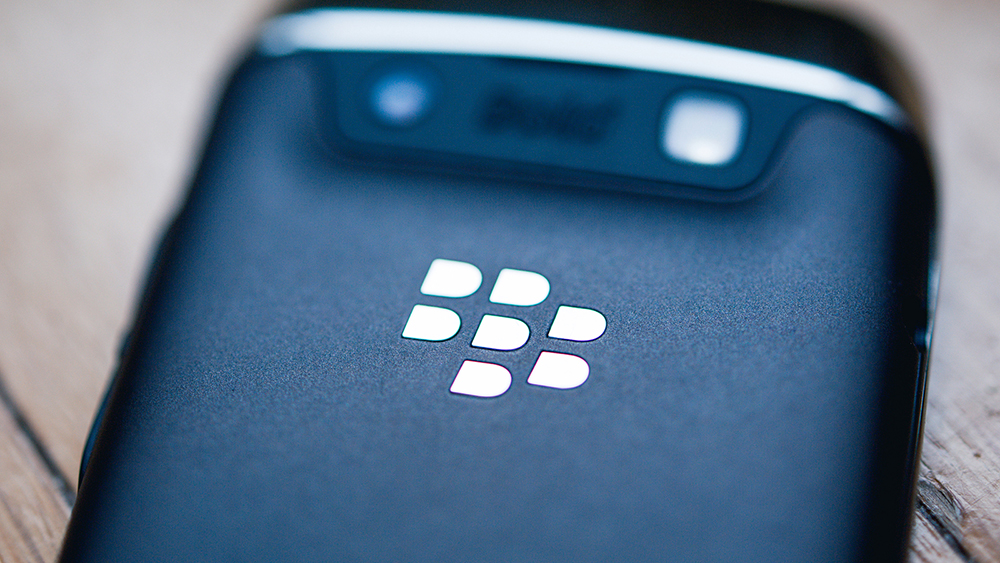
Sign up today and you will receive a free copy of our Future Focus 2025 report - the leading guidance on AI, cybersecurity and other IT challenges as per 700+ senior executives
You are now subscribed
Your newsletter sign-up was successful
BlackBerry will no longer manufacture its own smartphones, choosing instead to focus on its software expertise.
The embattled mobile firm is finally abandoning its hardware production, which started in 1996 with a two-way pager.
Its announcement comes one year after CEO John Chen said he would close the handset division if it could not become profitable by September 2016.
In BlackBerry's Q2 2017 earnings report, released today, Chen confirmed the decision to stop making handsets.
"Under this strategy, we are focusing on software development, including security and applications. The company plans to end all internal hardware development and will outsource that function to partners," he said. "This allows us to reduce capital requirements and enhance return on invested capital."
BlackBerry lost $372 million in its latest quarter, the three months ending August 2016, including a $123 million writedown of assets for sale.
But Chen said the company will now focus on its security software and applications, saying BlackBerry remains on track to grow this division by 30% year-on-year for the full fiscal year.
Sign up today and you will receive a free copy of our Future Focus 2025 report - the leading guidance on AI, cybersecurity and other IT challenges as per 700+ senior executives
The division's revenue grew 89% year-on-year in the latest quarter.
BB Merah Putih, a joint venture telecom firm in Indonesia, will now build BlackBerry-branded devices running the firm's own Android operating system overlay and applications for the Indonesian market.
The news comes after the Canadian firm retired its BlackBerry Classic model in July, though it was due to release three Android phones by 2017 it is not clear whether the production of the two unreleased models remains on schedule.
So far BlackBerry has maintained its own BB10 operating system alongside its switch to Android with the Priv and the DTEK50 models, despite speculation that it may retire the OS.
It has also branched out into IoT with BlackBerry Radar, a sensor technology for fleets of lorries that landed its first major customer in Caravan Transport Group earlier this month.
Chen concluded that ditching hardware development will allow BlackBerry "to reduce capital requirements and enhance return on invested capital", adding: "Our pivot to software is taking hold."
-
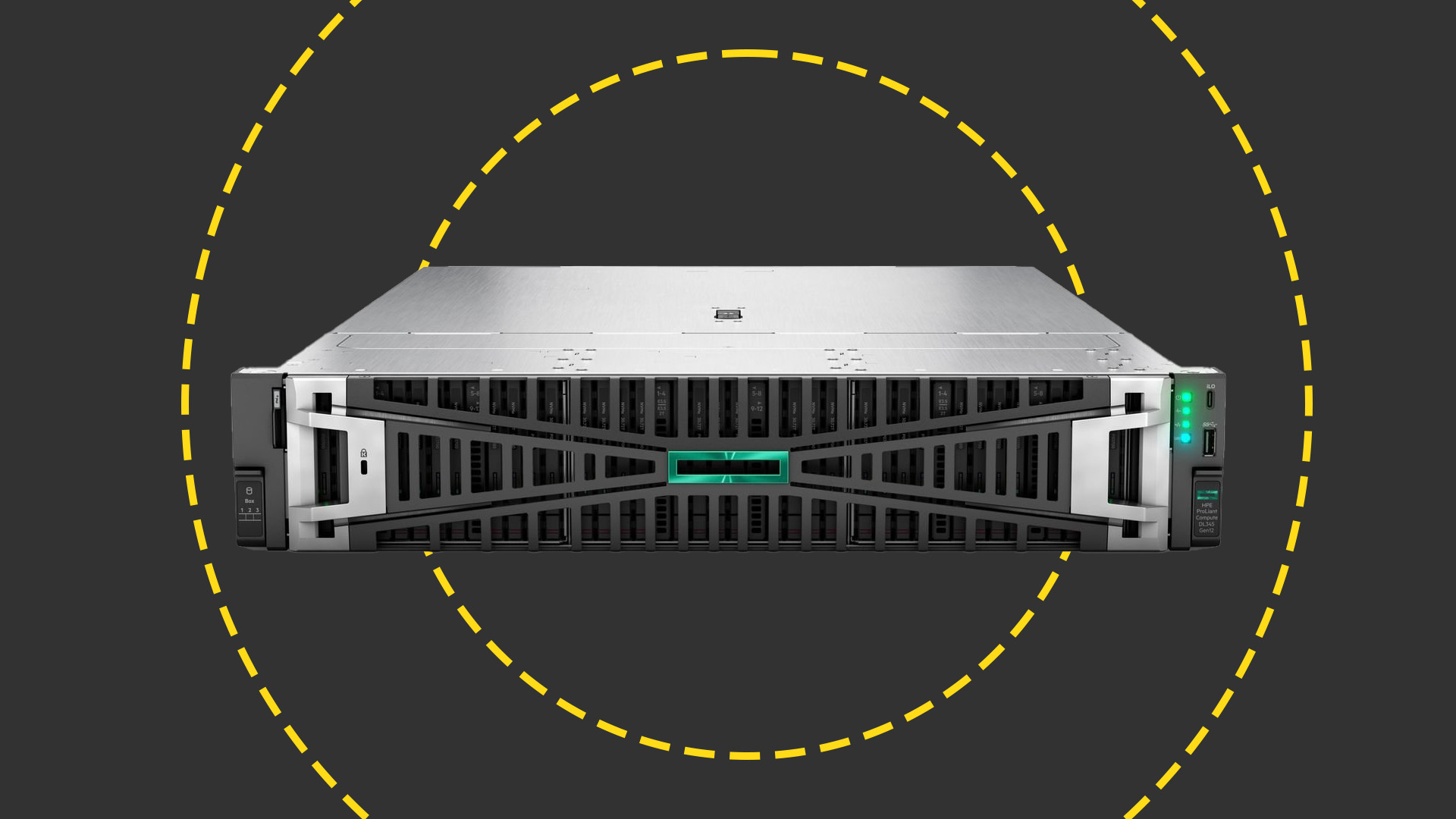 HPE ProLiant Compute DL345 Gen12 review
HPE ProLiant Compute DL345 Gen12 reviewReviews The big EPYC core count and massive memory capacity make this affordable single-socket rack server ideal for a wide range of enterprise workloads
-
 What is a vector database?
What is a vector database?Explainer Storing data as mathematical values provides critical functionality for ML and AI
-
 NTT taps Celona to enable private 5G for enterprises
NTT taps Celona to enable private 5G for enterprisesNews Celona will help NTT manage and scale its Private 5G (P5G) service
-
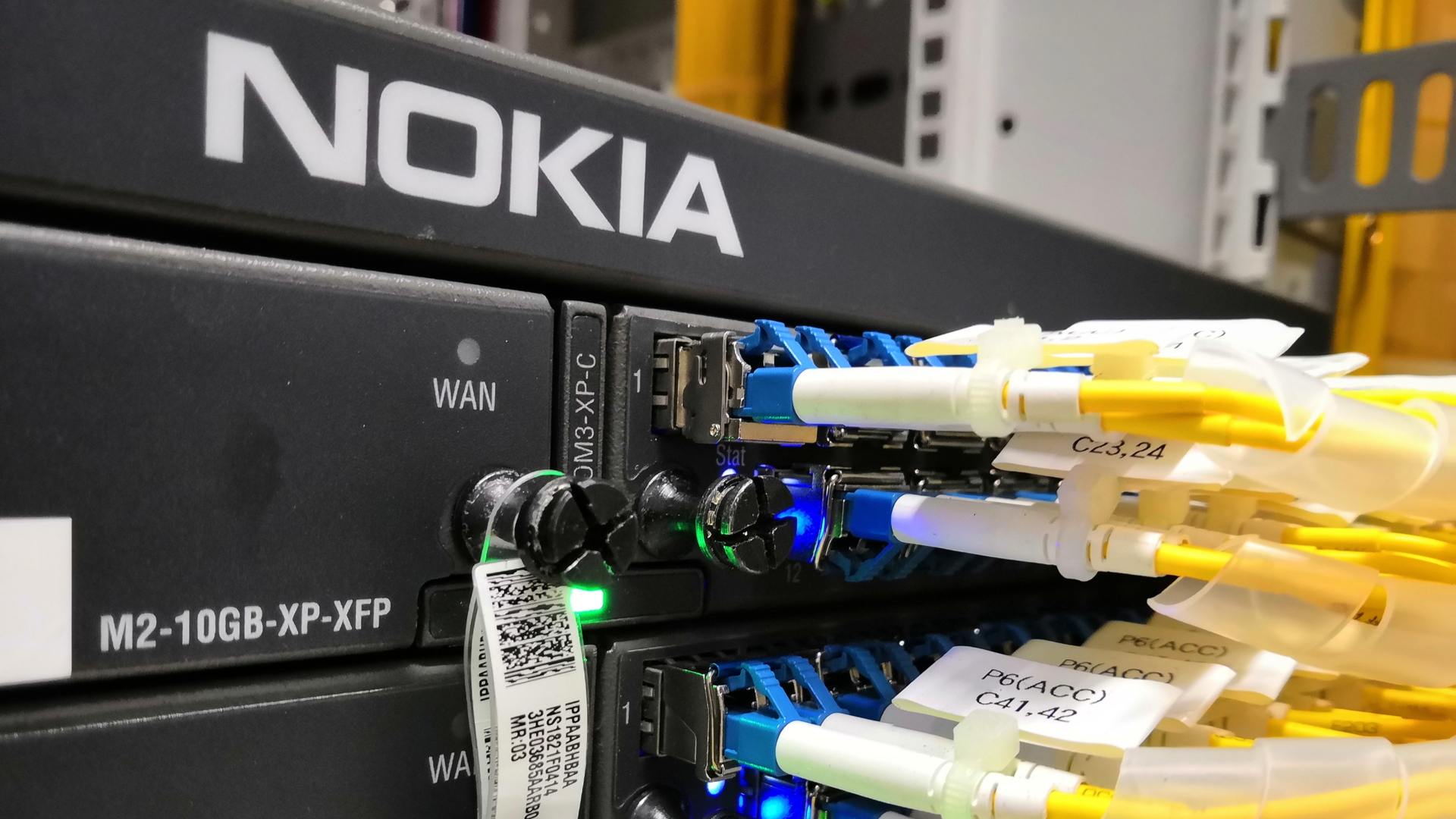 Nokia simplifies Microsoft Azure integration
Nokia simplifies Microsoft Azure integrationNews Microsoft Azure IoT Edge Modules such as Modbus can now be deployed on the Nokia DAC edge server
-
 Best business backup software
Best business backup softwareBest Businesses that don’t protect their data are playing with fire - we find the best backup solutions that could stop you from getting burnt
-
 Choose the right wireless AP for your business
Choose the right wireless AP for your businessIn-depth Dave Mitchell explains what to look for in an access point
-
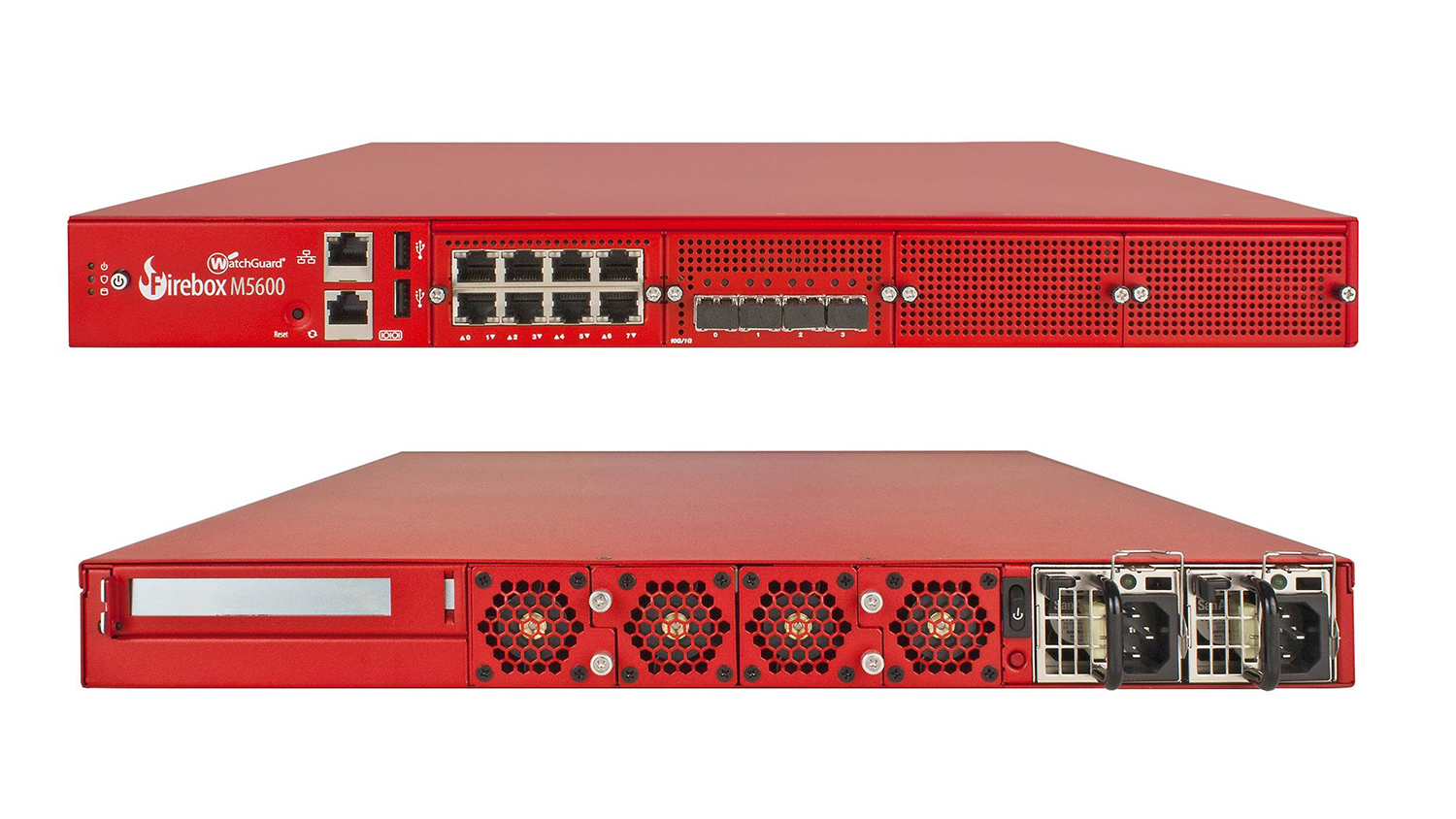
 WatchGuard Firebox M5600 review
WatchGuard Firebox M5600 reviewReviews WatchGuard’s Firebox M5600 delivers enterprise-grade network security and beats the rest on price
-
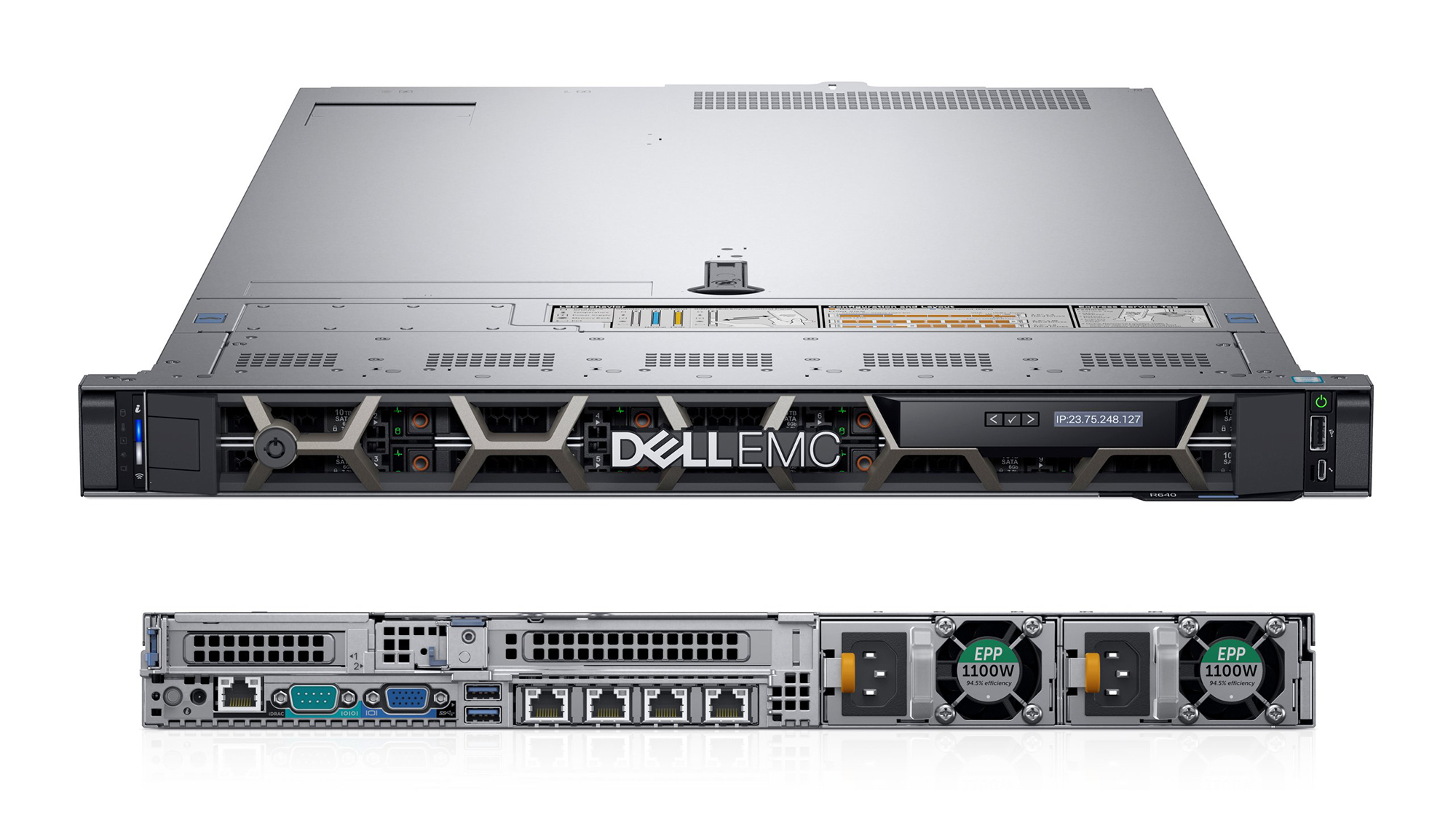
 Dell EMC PowerEdge R640 review
Dell EMC PowerEdge R640 reviewReviews A versatile, low-profile Xeon Scalable rack server with a big heart
-
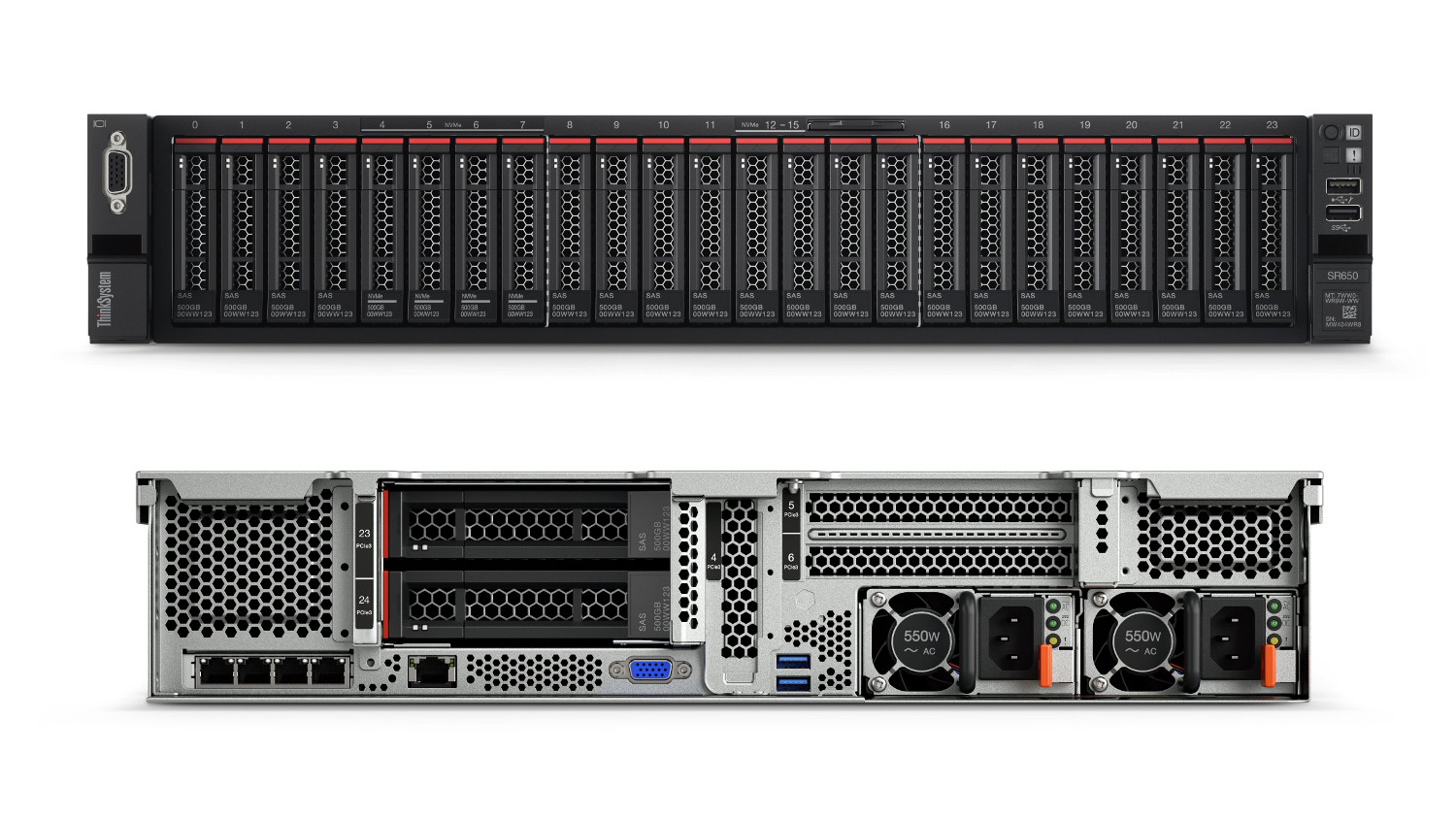
 Lenovo ThinkSystem SR650 review
Lenovo ThinkSystem SR650 reviewReviews Lenovo thinks outside the box with its classy SR650 rack server
-
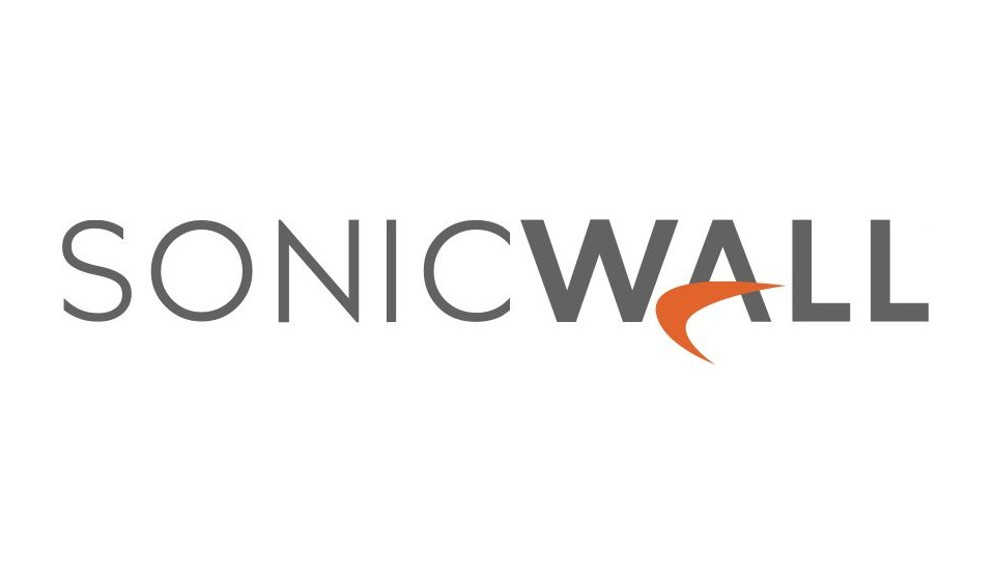
 SonicWall Email Security 9.0 review
SonicWall Email Security 9.0 reviewReviews SonicWall’s Email Security 9 software mixes tough security measures with extreme versatility